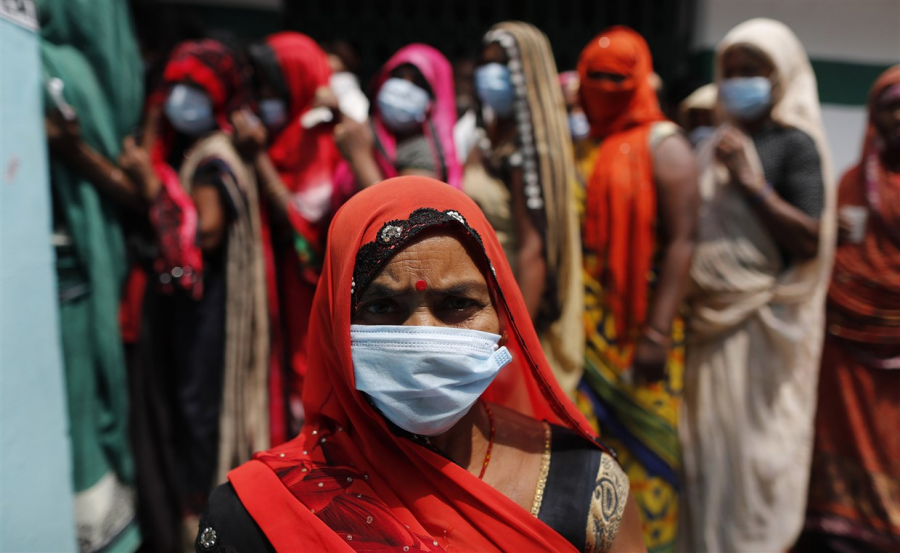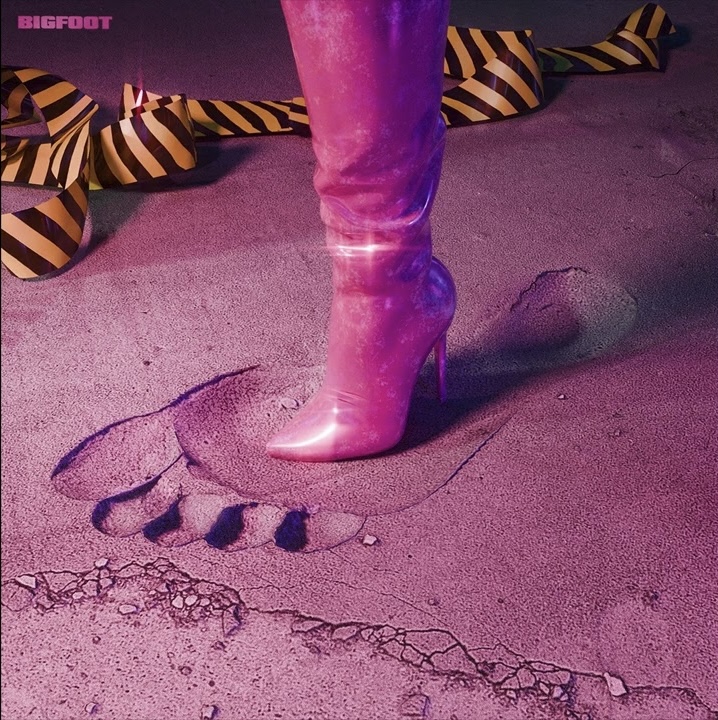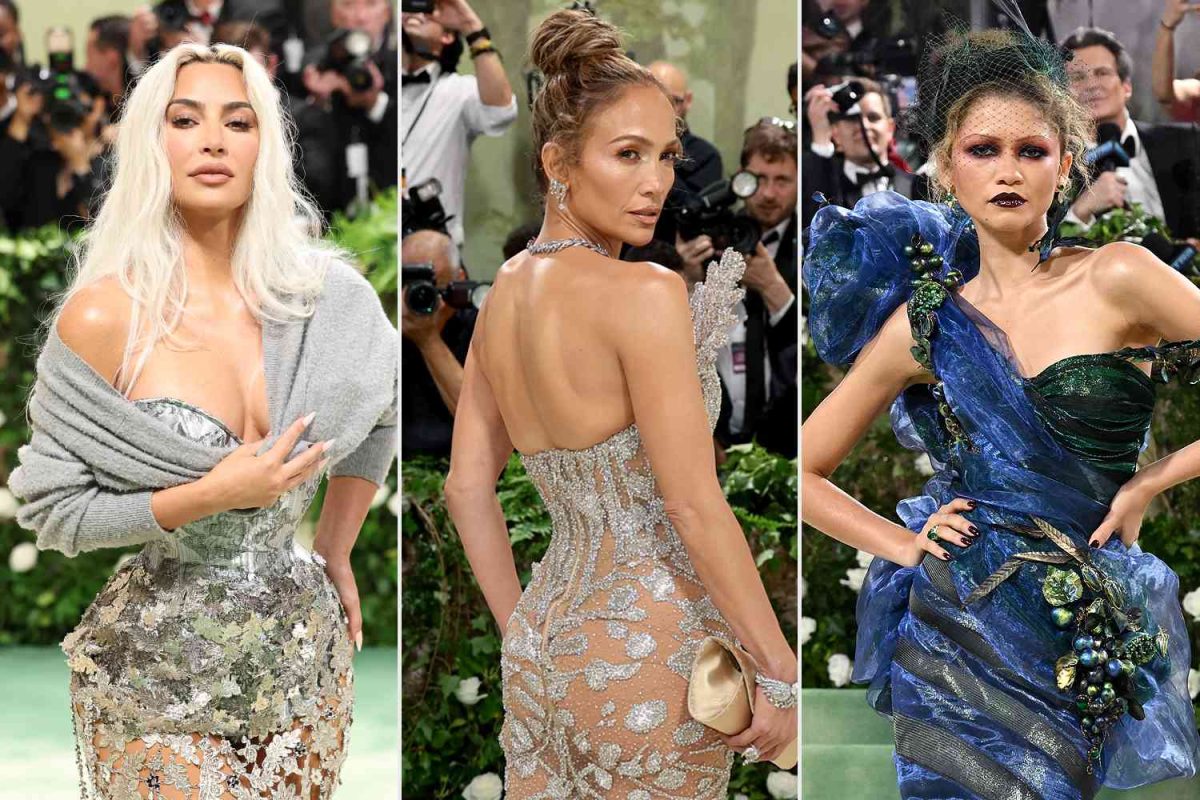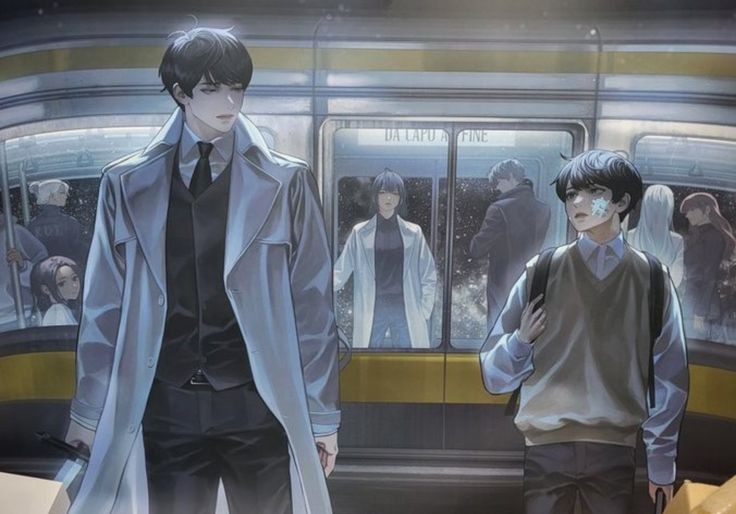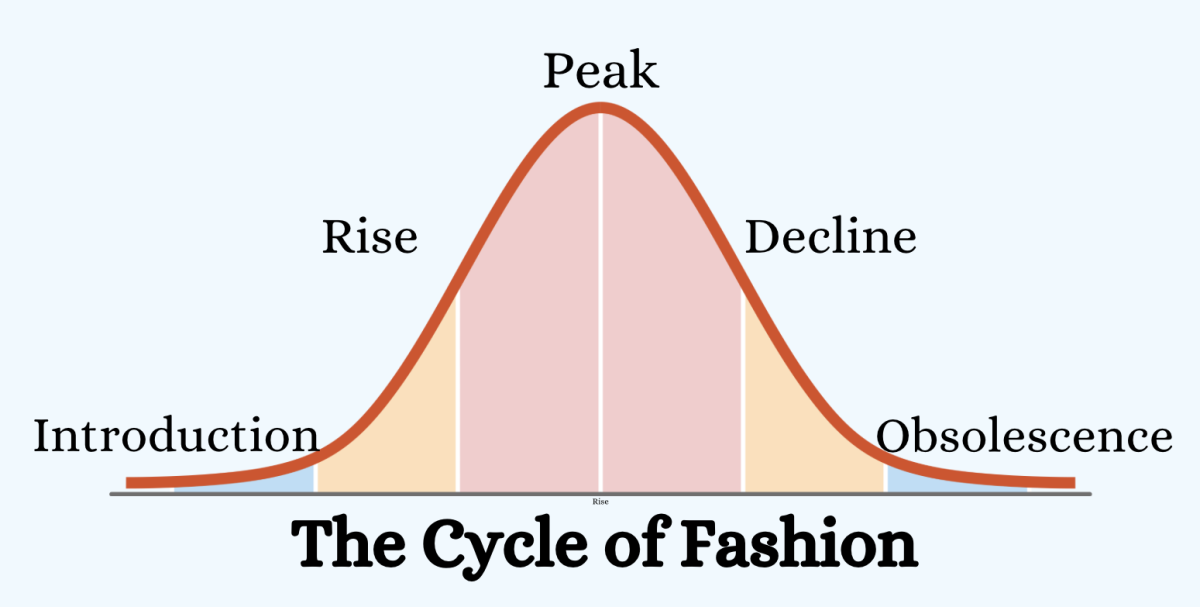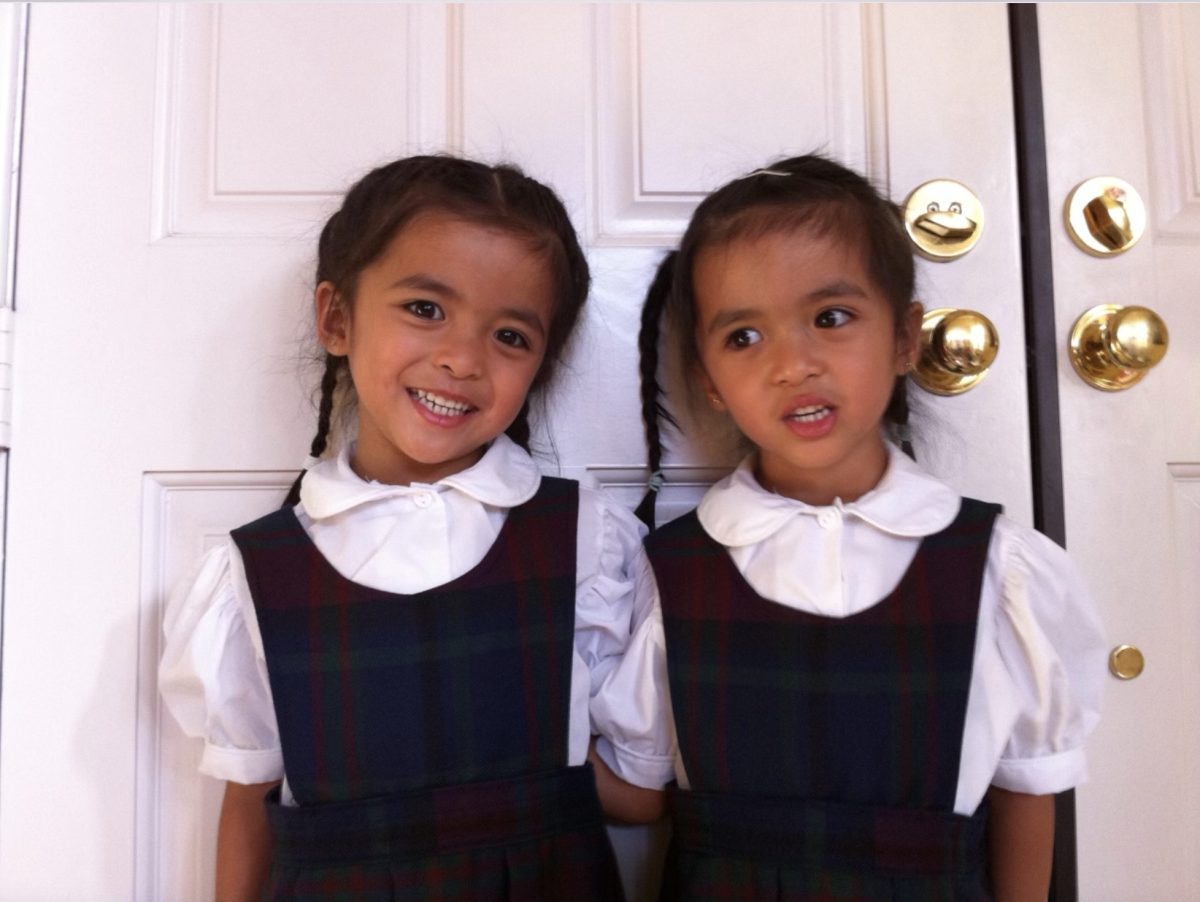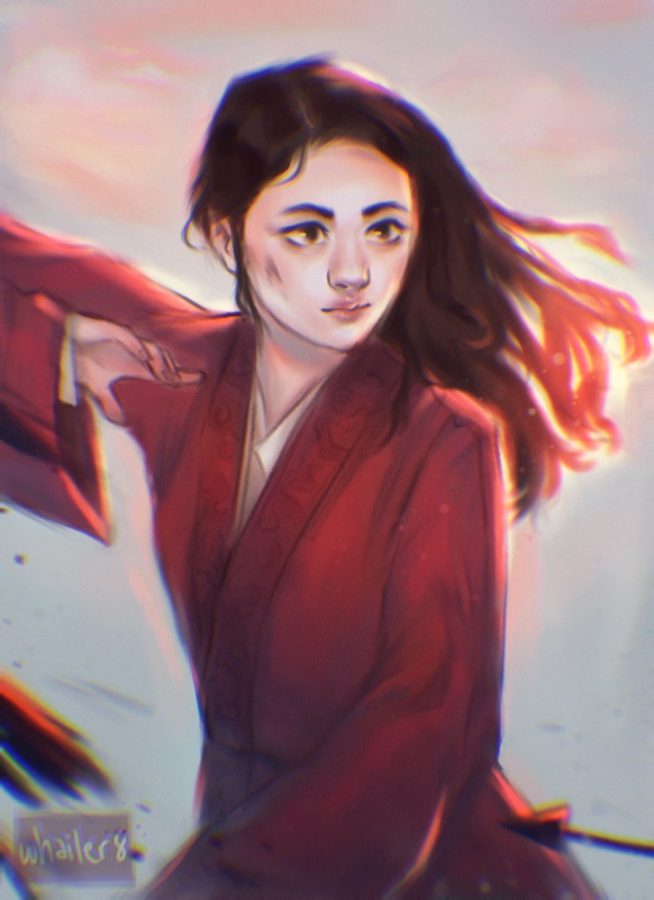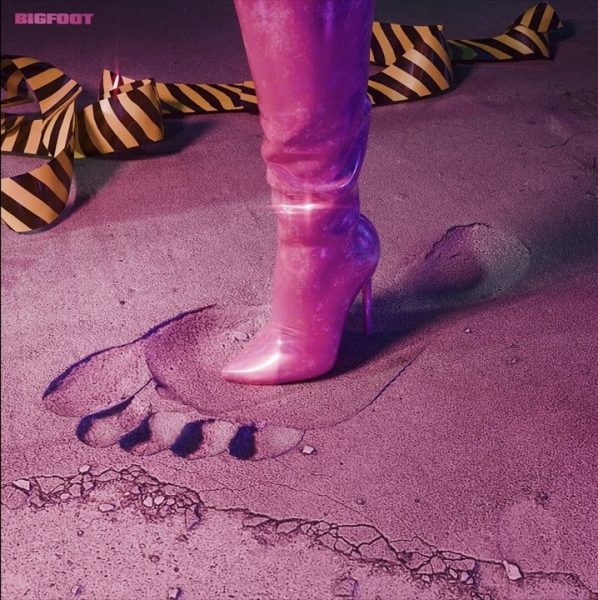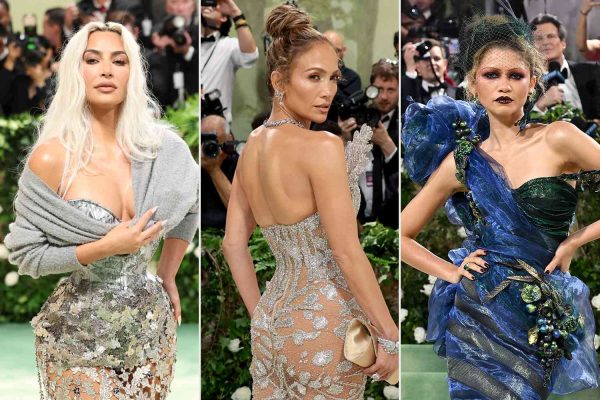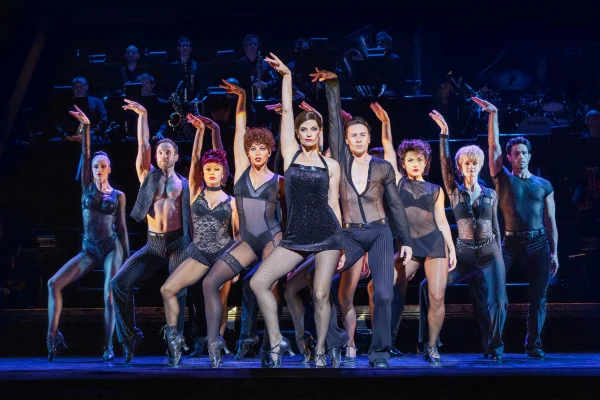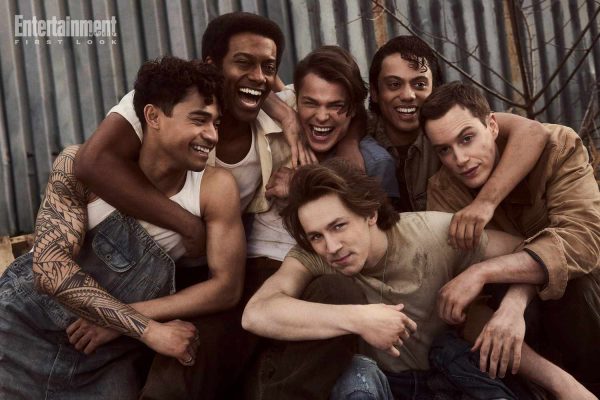A Reflection of the Live-Action Mulan
Mulan strikes a pose as she prepares to fearlessly fight for her nation.
September 26, 2020
The highly-anticipated reboot of the Disney classic Mulan was released on Disney Plus on September 4, 2020. The reboot is a live-action film including actors such as Liu Yifei, Donnie Yen, Tzi Ma, and director Niki Caro.
Mulan demonstrates a story expressing the experiences of a fearless young woman becoming one of China’s greatest warriors. Risking everything, she seizes the opportunity to take the role of her father, defending China, as he is too weak; however, she must disguise herself as a man because men were only allowed to serve in the army. During this journey, she is challenged mentally and physically but eventually overcomes this by embracing her unmatched tenacity, ultimately bringing honor to all of China.
Although people are enthusiastic about the live-action film, others are quite disappointed. First, leading actress, Liu Yifei, has publicly expressed her support for the Hong Kong police during the protests’ peak. The Hong Kong protests consisted of citizens demanding the withdrawal of the new extradition bill, police tear-gassing protesters, citizens suspiciously going missing, and the police injuring protesters with rubber bullets. Liu Yifei’s support led to thousands boycotting the film, such as in London, where protesters came together outside the screening venue with posters, calling for a boycott.
However, many other East Asian celebrities have posted in support of the Hong Kong police, although this may be because these countries do not have freedom of speech like the United States. In China, numerous things need to be approved by the government, including television and casting of films. Therefore, Liu Yifei and other actors fear detrimental consequences if they do choose to speak against the government, so their true opinion may never be publicly addressed.
Another controversy is the historical inaccuracies shown throughout the film. The architecture appearing in the trailer, a tulou, is a round building found in Southern China during the Ming Dynasty. However, Mulan was from Northern China, and the Ming period did not occur until about 1,000 years after Mulan’s time.
In addition, Mulan’s costume designer, Bina Daigeler, spoke about how her research on the costumes only consisted of visiting European museums with Chinese departments and a three week trip to China. Daigeler’s research received backlash, as people were furious and wanted a costume designer with more expertise in this culture, specifically a designer of Chinese descent.
Onscreen, Mulan’s cast is entirely Asian, but ironically, behind the scenes lacks Asian representation. The film crew members consist of a director, casting director, composer, costume designer, film editor, four screenwriters, and a cinematographer who are all white. Viewers fear that these members are not familiar with Chinese culture and tradition, and therefore could whitewash the film and lean more towards Western culture. To add, these members take the opportunities of Asian talent that could have fulfilled these roles. Camille Khong (10) explains her disappointment on this matter, as she states, “I think to truly encompass a story that portrays a historical Chinese story there must be representation on and off screen. It’s hard for Asians to get to put into the limelight of the entertainment industry and we must push for them and all other minorities to get their time.” As Asain talents continue to be overlooked , the representation will continue to lack in Hollywood.
Mulan has also faced reboot controversies for the style the film is being presented in. To start off, the film is not appearing as a musical, ultimately disappointing fans. Also, the beloved characters, Mushu, Cri-kee, and Li-Shang, will not make an appearance in the film. Fans are especially upset by the removal of Mulan’s love interest, Li-Shang. People a part of the LGBTQ+ community are incredibly devastated since his character was interpreted as a bisexual person of color.
However, when the original animation was released, these characters were dismissed by Chinese audiences; therefore, the creators wanted to respect the Chinese audience’s request to exclude these characters, as they did not match with the original tale of Mulan. Additionally, the creators decided to remove Li-Shang around the time of the #MeToo movement to demonstrate how Mulan is an independent woman.
Overall, Mulan stayed true to the original animation’s main elements, yet it was not an exact replication, as it included unpredictable components throughout the film. This included introducing new characters and scenes that created an impression, leaving viewers on the edge of their seats. Therefore, based on the controversies behind the film, as well as the film itself, viewers internationally can decide whether the new live-action Mulan truly brings honor to the original.









